Tea Biz traveled to Tanzania in October to explore the tropical Usambara Mountains in the Tanga tea-growing region. I met with smallholder farmers, tea makers, traders, tea sellers, and the Tea Board of Tanzania members during my travels: The 14-family Lutindi cooperative invited me deep into the jungle to watch as they hand-rolled and wood-fired organic black tea that always sells out on “market day” in the local village.
Kazi Yetu co-founder Tahira Nizari hosted the week-long trip. Nizari is a savvy business school graduate and humanitarian whose specialty tea brand advances the role of women in Tanzania’s tea industry. She retains value by locally processing, packaging, and blending tea with authentic spices, redistributing economic gain and opportunity for smallholders.
Listen to the interview

Value Addition at Origin Enhances the Lives of Tea Workers
By Dan Bolton
Kazi Yetu sources much of its tea from the Sakare farmer’s cooperative in the Usambara Mountains, a range in northeastern Tanzania that is 90 kilometers long and about half that wide. The Usambara Mountains are one of the world’s biodiversity hotspots, with a virgin rainforest that rises to more than 7,500 feet (about 2,289 meters above the Indian Ocean). Organic-certified* teas are finished and transported to the port at Dar es Salaam, where 35 women blend, pack, and distribute tins and canisters. Teas are available globally in bulk, as a white label, and are sold directly to consumers online. The company is a registered B Corp that sources, processes, blends, and packs its teas entirely at origin using locally-grown inclusions in sustainable packaging. Kazi Yetu has a sales office in Germany and wholesale clients in the US, Africa, and the Middle East.
Dan: Will you share with us the origin story of Kazi Yetu?
Tahira: I started Kazi Yetu five years ago to create a sustainable and socially focused business. I wanted to support women in agriculture because women in Tanzania often lack jobs across the agriculture value chains. And I thought to myself, I can do this. I understand consumers around the world and what farmers need and can do.
Kazi Yetu in Swahili means “our work.” And that’s really what we’re about. We never want to lose that vision about creating jobs for women.
And so we started in 2018 in my dining room packing little tea bags at home, and then we got into my husband’s car [Hendrik Buermann is the co-founder]. Then, we drove across the country to farms, collected samples of teas of spices and herbs, and met with farmers.
We came back and started blending our recipes. I’m a tea lover. So that was exciting. I love product development, playing with flavor profiles of different ingredients made here in Tanzania and grown here.
And slowly, we started to expand. We created a really small factory, half of a house because I couldn’t pay for the whole house. And then, slowly, we moved to a larger warehouse. And now we’re in the factory that you have come to visit. We have 35 women employees and a solid team at the production and management levels.
I’m excited that we’re working with over 2,500 smallholder farmers across Tanzania that produce tea, herbs, and spices. There’s tremendous potential here for tea, but it’s unrealized in many ways.
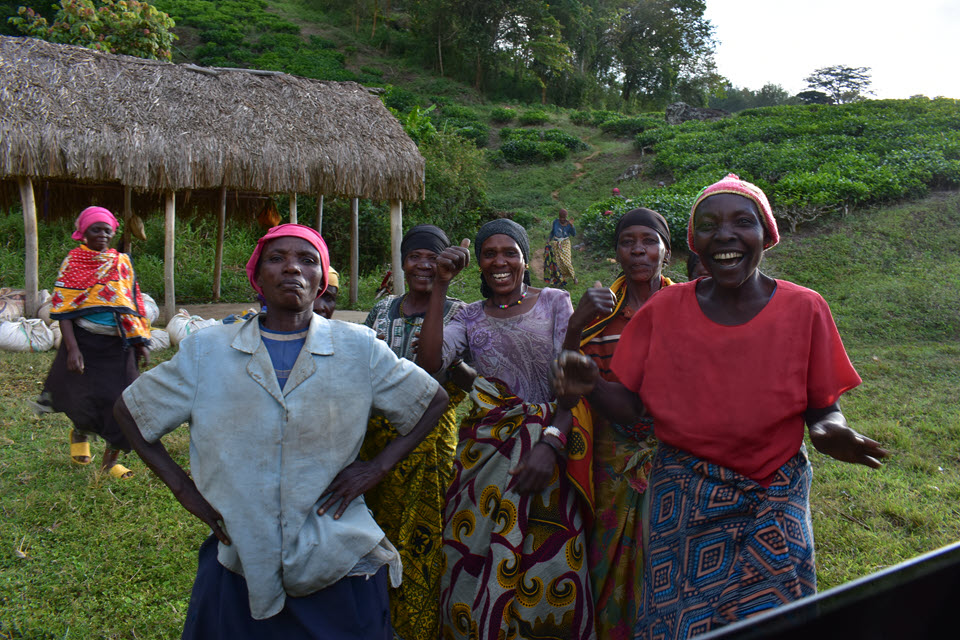
Dan: Many listeners have consumed Tanzania tea as a blend, unaware of its origin. In contrast, your teas are proudly Tanzanian, traceable, certified, and meet EU and US import standards.
Tahira: Traceability is critical. The reason for that is manifold. We see consumers increasingly seeking to know their producers and the journey of their products from farm to table. We’re seeing a growing demand for that. But more important to us is to put a face and a name on our producers. And we believe that by doing that, we’re encouraging them to get more involved in quality and to be more connected with consumers. We can connect them with their consumers through a simple QR Code.
Traceability is evolving — highlighting many different qualities and characteristics of the environmental and social sides. Consumers now ask what is the impact of tea production. What is the harvest period? What are the ecological conditions under which the tea herbs or spices were grown?
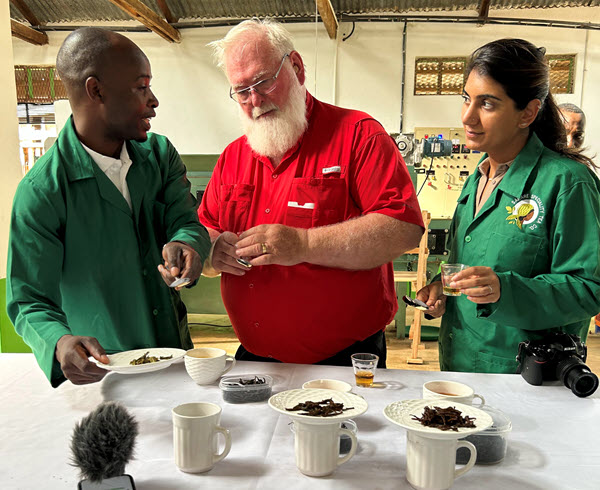
“We want to highlight that Africa’s agriculture can be wild, which we embrace.”
Sakare factory manager Hekima Sanga, left
We want to highlight that Africa’s agriculture can be wild, which we embrace. There are lots of wild and indigenous herbs and spices with variations between seasons and in terroir, with benefits of biodiversity. This variance is pleasingly unpredictable, and its traceability is illustrated through different batches. You could try a Ginger Mint Fusion, batch #73, and appreciate the balance of the green tea with the mint and learn about the farm and harvest season, and then you could try batch #96 with a balance and a stronger hint of rosemary and learn about the journey of that batch to your cup.
Dan: We met with the Tea Board of Tanzania to discuss the challenges facing tea growers: low prices, high production costs, climate change, and a global glut of poor-quality tea. I left the meeting optimistic.
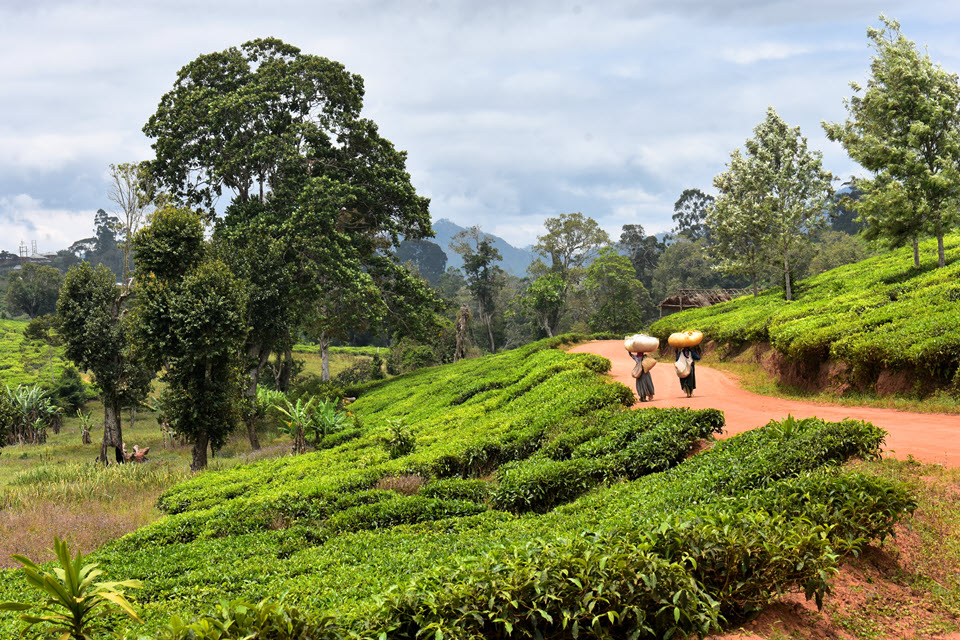
Tahira: Tea is the fifth highest-earning crop in Tanzania. It’s a strategic export-oriented crop, and there’s also a lot of domestic consumption.
Tea plays a pivotal role in the economy.
There are more than 30,000 farmers involved in tea here. And so, you can imagine the magnitude of the volume, the opportunity for impact, and growth. The Tea Board of Tanzania regulates the tea sector, there is also the Tea Smallholder Development Agency, and then there’s a Tea Association of Tanzania.
These bodies are very supportive of the growth of the tea sector. They’ve been supporting Kazi Yetu from day one.
We were just a tiny business compared to the larger companies: You have Unilever here and many British-owned and Indian-owned tea companies.
The board immediately understood our vision for specialty tea production and promotion. And they have been instrumental in helping us export our products and helping us influence policies that, you know, affect us and our farmers. So, I would say it’s a very positive and robust infrastructure here.
I think there’s a lot of work to be done here to empower and support farmers and grow the reputation of Tanzania and its tea.
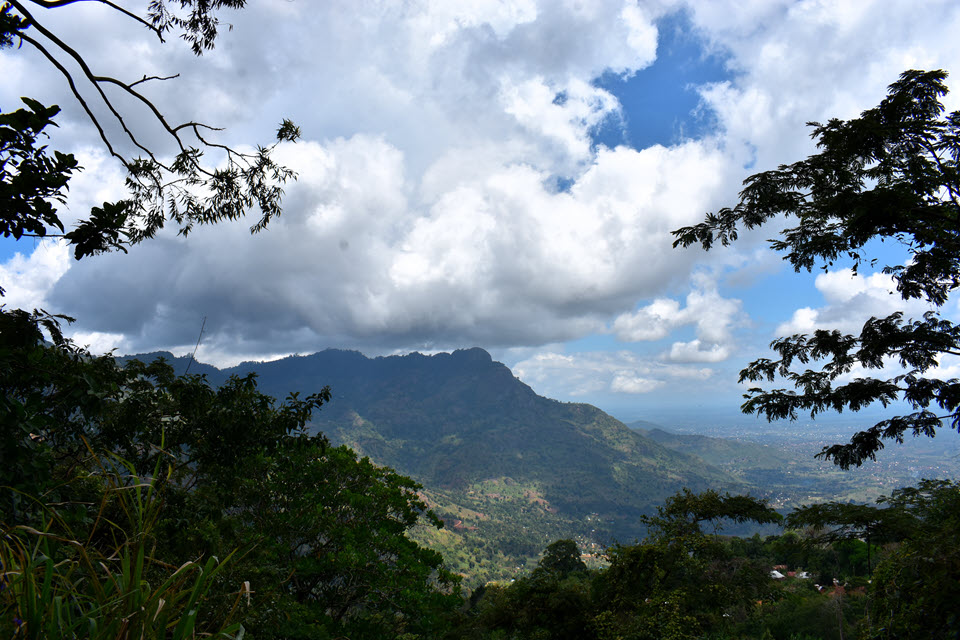
Dan: The mountains here are misty and cool, with a dense jungle canopy. The rootstock is healthy, well-drained, and sound. Across the country along the shores of Lake Victoria, the Bukoba soil is dry, and the land is flat. In the south, the Lupembe highlands are steep, with slopes of up to 50 degrees.
I sampled several styles of Tanzanian tea, from hand-rolled village market tea to well-crafted oolong, specialty blends, and factory CTC for export. I find the teas fresh, distinctive and well-presented.
Will you describe what makes Tanzanian tea so tasty?
Tahira: That’s a fantastic question.
So, Tanzania has very different environmental conditions than your usual tea-growing countries. We have more shaded, more cloudy areas of tea production. We also have sunshine in more dry, arid regions. It is humid, and it’s sunny.
The clonal varieties that thrive here are a mix of different cultivars from China and India. Hybrids have been researched and developed to succeed in these kinds of climates.
I wouldn’t say it’s better or worse than other tea-producing countries, but Tanzania is different, and it’s an exciting distinction.
Tanzania tea has a brilliant color; it brings a nice bright color to the cup. It’s excellent for blending, so that’s what Kazi Yetu does: we blend it with herbs and spices. We also have our pure teas, our Kilimanjaro green tea, or Kilimanjaro black tea. We love getting consumers to taste cinnamon bark shavings from Zanzibar (known as Spice Island) or hibiscus iced tea lemonade. Other herbs and spices include ginger, peppermint star anise, lemongrass, and Moringa. There are lots of lovely ingredients to blend in with the Tanzanian teas.
Kazi Yetu Blending and Packaging Facility
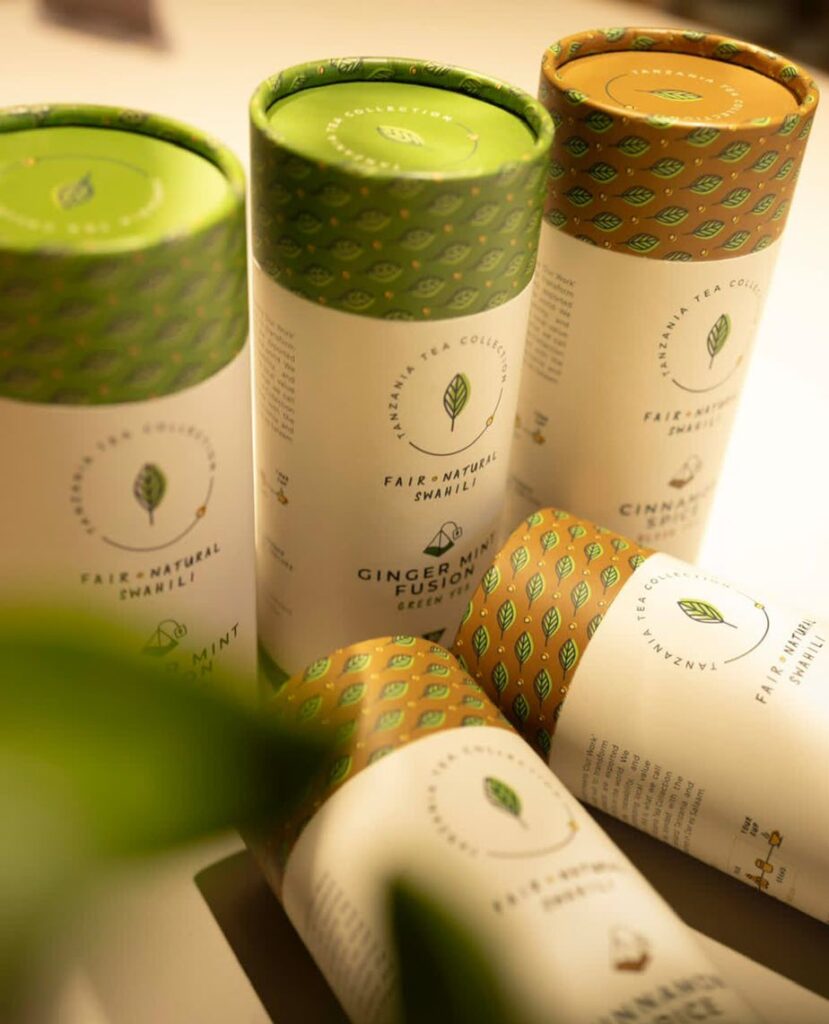
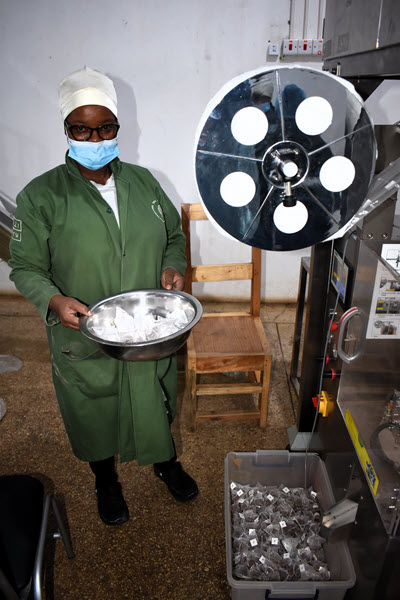
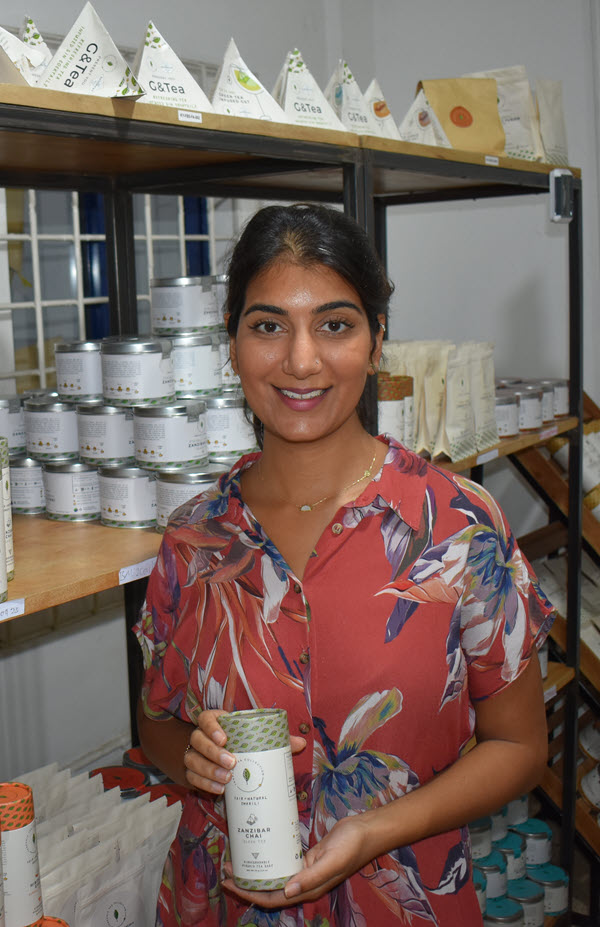
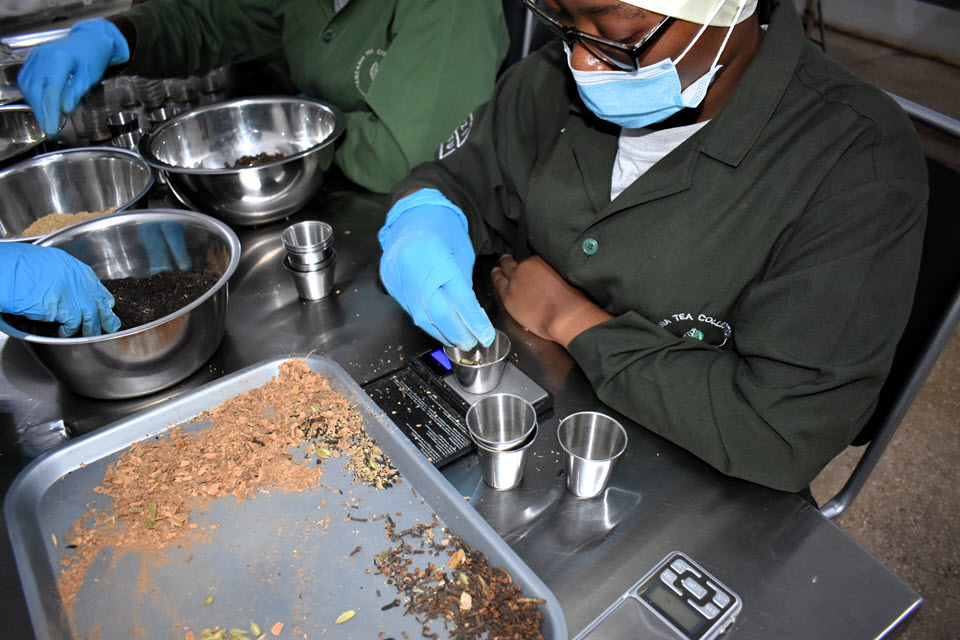
Kazi Yetu’s Production Management Team
- Ashley Speyer, COO
- Emmy Manyelezi, Head of Projects
- Joseph Kaluwa, Supply Chain Coordinator
- Kalili Kafuku, Sales Manager Tanzania
- Katharina Eichinger, Sales & Communications Europe
- Lugano Jengela, Grants/Finance Manager
- Saada Mlewa, Finance Officer
- Stadia Kipangula, Production Supervisor
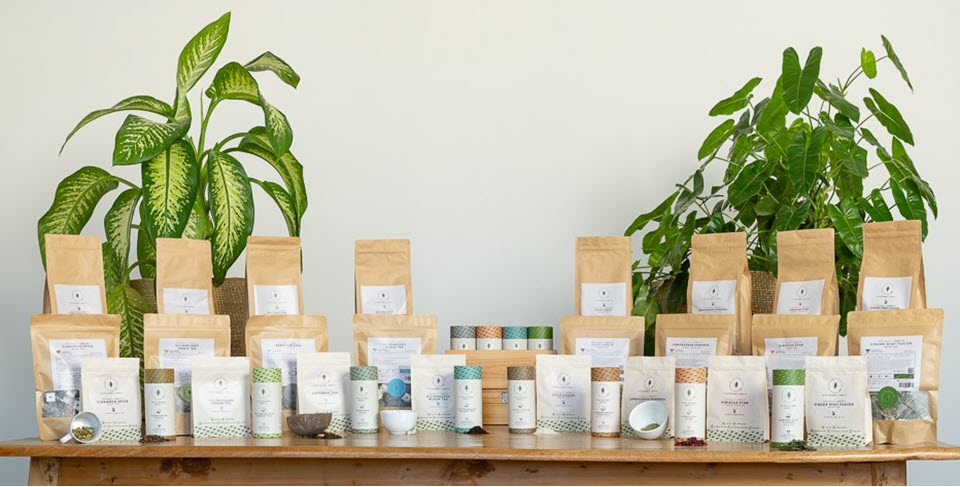
- *Kilimo Hai certified (East African Organic Products Standard). Kilimo Hai is a peer-reviewed certification administered by the Tanzanian Organic Agriculture Movement. The company’s packing facility is seeking EU organic certification and hopes to extend that certification to all 18 of its suppliers.
Powered by RedCircle
In Tanzania, Kazi Yetu packages and distributes organic-certified specialty tea from high-potential cooperatives, redistributing economic gain to the farm level that empowers entrepreneurial smallholders eager to improve their livelihood. Share this story with your friends in tea.

